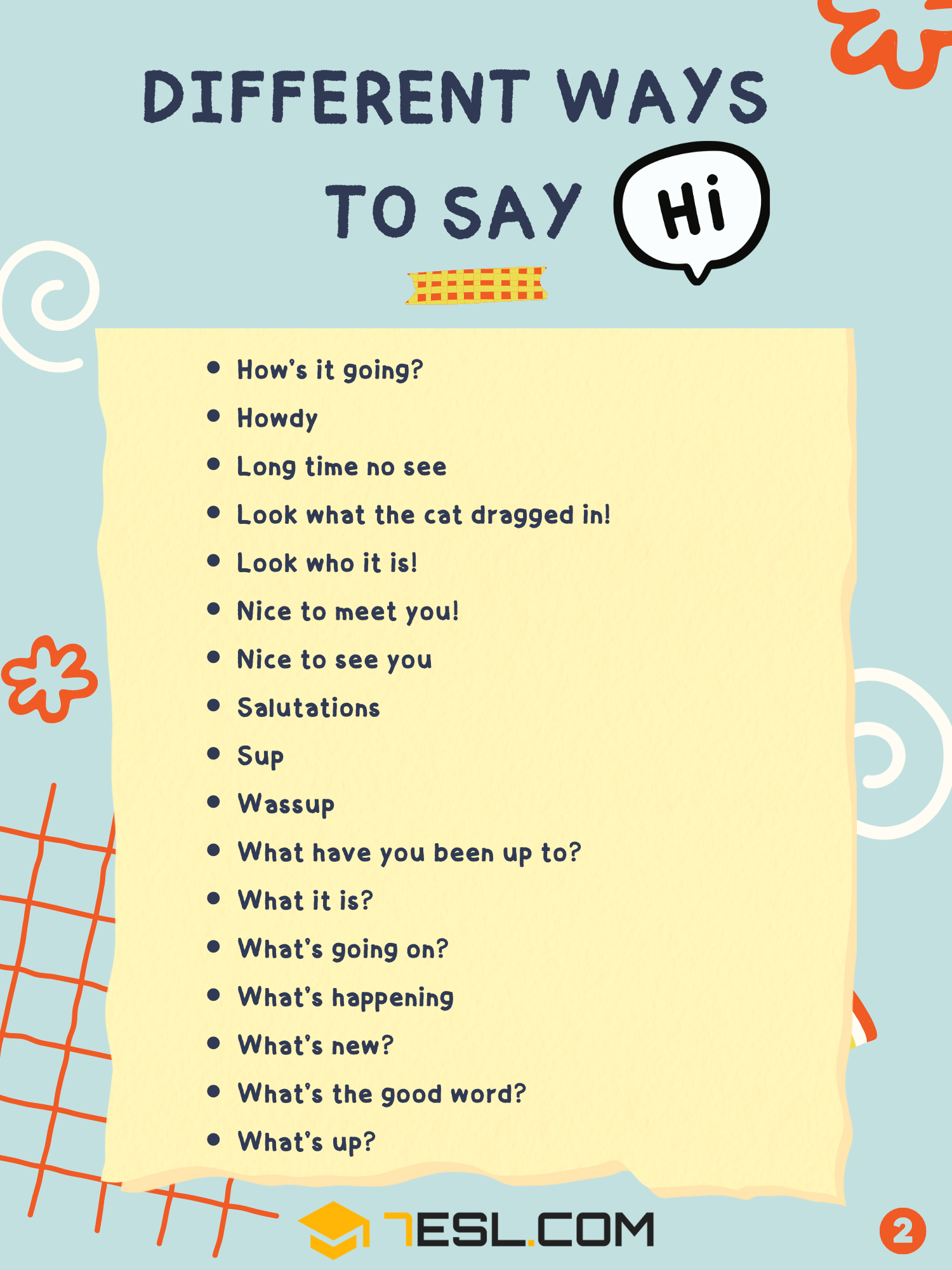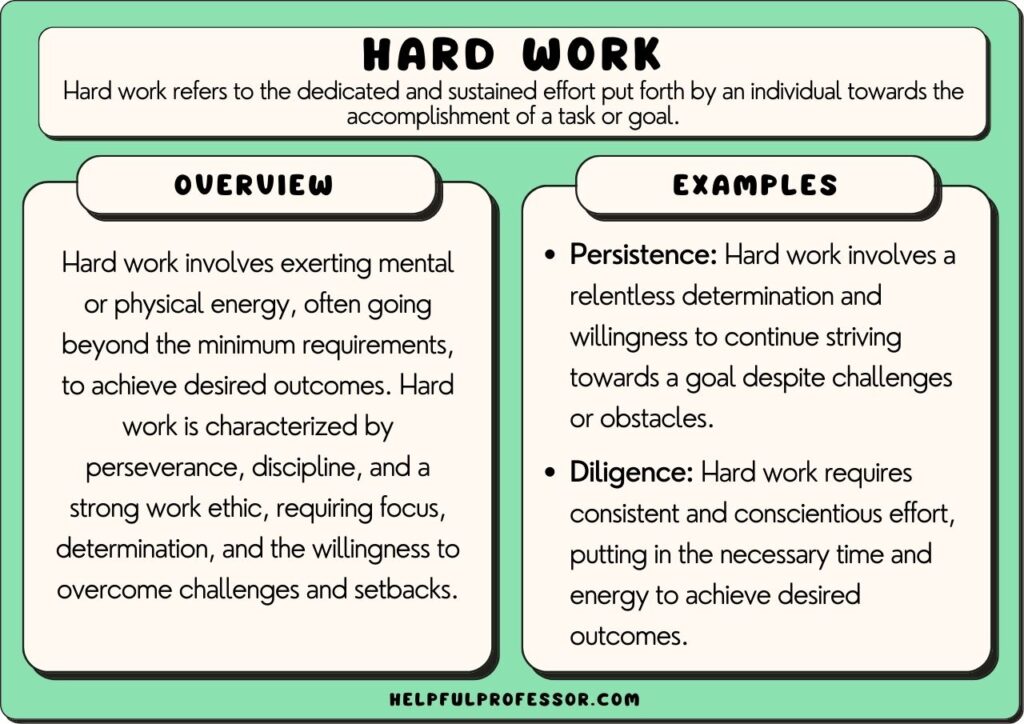How To Say I Am In Old English Translating Modern English to Old English Type or copy paste a word into the area to the right of Word to translate and click press the To Old English button The Old English equivalent
With the Medieval Translator thou canst transform thine modern words into the rich tapestry of Medieval English This tool captures the essence of the language once spoken in fields and Learning how to say I in Old English allows us to connect with our linguistic roots and delve into the rich tapestry of our past Whether you find yourself in formal or informal
How To Say I Am In Old English

How To Say I Am In Old English
https://i.ytimg.com/vi/44i0an1F1SA/maxresdefault.jpg

Cute Ways To Say i Love You Diy Crafts For Gifts Easy Diy Art
https://i.pinimg.com/736x/4c/69/21/4c6921a081832679bd29fb65df58437e.jpg

Engram
https://unoriginal.blog/emghand.png
How do you say I am in Old English It s ic eom and ic is pronounced more or less like Modern English each while eom is pronounced sort of like aim This translator takes the words you put in it in modern English and makes them sound like you are from Shakespeare s times Old English Remember to spell correctly Enjoy Check out
In Old English which was spoken from approximately the 5th to the 12th centuries the term used for I was Ic This form while not overly formal is still considered suitable for Convert from Modern English to Old English Old English is the language of the Anglo Saxons up to about 1150 a highly inflected language with a largely Germanic vocabulary very different from modern English
More picture related to How To Say I Am In Old English

Thought Wallpapers Wallpaper Cave
http://wallpapercave.com/wp/GgAq5Fu.jpg

Journey To Me Antoinette Pellegrini
https://antoinettepellegrini.com/wp-content/uploads/2022/09/Journey-to-Me-3D-topchopr.png

Hi 50 Creative Ways To Say Hi In English Formal And Informal 7ESL
https://7esl.com/wp-content/uploads/2022/12/Different-Ways-to-Say-Hi-2.png
A collection of useful phrases in Old English the version of English that was spoken in England from about the 5th to the 11th century Jump to phrases See these phrases in any Transform modern text into authentic Old English with our free Old English translation tool Get accurate Anglo Saxon translations instantly and explore medieval language
Behold the Old English nglisc Translator This remarkable tool transforms your everyday speech into the majestic language of the Anglo Saxons imbuing your words with the rich Check am translations into Old English Look through examples of am translation in sentences listen to pronunciation and learn grammar

Women W3 2025 First Christian Church
https://media.thechurchcoassets.com/accounts/1294/2ef7b5ef-4c92-462c-99b1-f06e1d980f93-imported-asset__largepreview__.webp

Pin By Sabeen Batool On True Line Learn English Words English
https://i.pinimg.com/736x/81/f3/bc/81f3bcdfd45165799c6d8435cb1fdb95.jpg

https://www.oldenglishtranslator.co.uk
Translating Modern English to Old English Type or copy paste a word into the area to the right of Word to translate and click press the To Old English button The Old English equivalent

https://anythingtranslate.com › translators › medieval-translator
With the Medieval Translator thou canst transform thine modern words into the rich tapestry of Medieval English This tool captures the essence of the language once spoken in fields and

Collaboration Skills

Women W3 2025 First Christian Church

35 Popular Ways To Say I m Hungry And I m Tired English Vocabulary

Cute Ways To Say ILY Video Geschenken Voor Vriendjes Zelfgemaakte

25 Hard Work Examples 2025

Aimee France This Week I Made 68 Mini Cakes And 9 Custom Cakes I

Aimee France This Week I Made 68 Mini Cakes And 9 Custom Cakes I

College Teams Page 5 Lottie Dotties LLC

How To Say Ilu In 70 Different Languages LexiGlobe

20 Saying Thank You Phrases In English English Grammar Here English
How To Say I Am In Old English - How do you say I am in Old English It s ic eom and ic is pronounced more or less like Modern English each while eom is pronounced sort of like aim